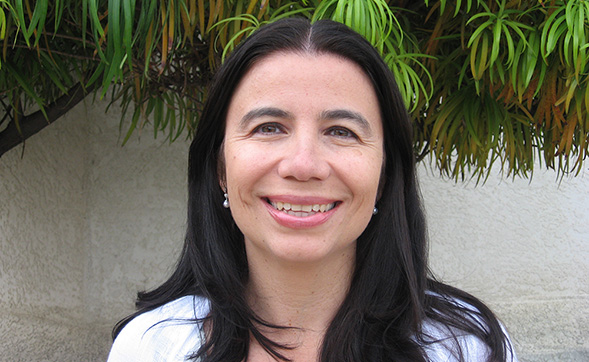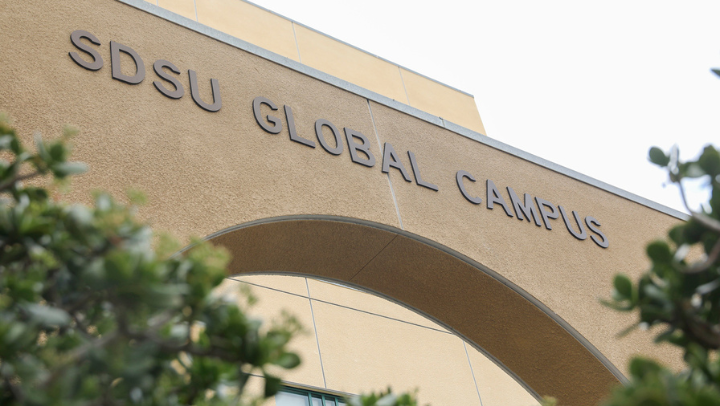SDSU Professor Selected for Prestigious Fellowship
The award allows Victoria Gonzalez-Rivera and her co-author to detail the history of sexual diversity in Nicaragua.

Gonzalez-Rivera previously authored the book, “Before the Revolution: Women’s Rights and Right-Wing Politics in Nicaragua, 1821-1979.”
She is now collaborating with long-time colleague, Karen Kampwirth, a political scientist at Knox College, to write a book that hopes to build on that work. The book will examine the intersections between sexuality, state formation, and capitalist development in Nicaragua.
The new book, tentatively titled “One Hundred Years of LGBT Politics in Nicaragua” will detail the history of Nicaragua’s sexual diversity, which thrives today despite decades of socio-economic conditions that were not supportive of the rise of LGBT and other social movements.
A personal journey
Gonzalez-Rivera lived in Nicaragua during the last decade of the right-wing Somoza dictatorship and the first four years of the leftist Sandinista revolution that overthrew the Somozas. She also witnessed first-hand the devastation created by the Contra War in the 1980s, so this project is personal.“I started researching the history of women and the history of feminism in Nicaragua in the early 1990s because I felt that what was being written did not tell the full story,” Gonzalez-Rivera said. “In our new book, we are using sexuality as a lens to create a more inclusive history, one that includes groups of people that are rarely taken into account, in order to tell a more complete story of the past.”
High-level support
Gonzalez-Rivera and Kampwirth’s book manuscript is supported by a $131,000 fellowship from the American Council of Learned Societies (ACLS). The award covers research and travel for both professors, as well as a Spanish translation of the book. The current project is one of only nine projects funded by the ACLS for 2017-2018.“The teams that make up this year’s cohort of Collaborative Research Fellows exemplify the program’s aim of supporting scholars whose collaborations produce knowledge that their individual research would not,” said ACLS Director of Fellowship Programs Matthew Goldfeder. “These collaborations transcend disciplines, institutions, time periods, or geographic regions to shape new understandings of our world.”
The American Council of Learned Societies is a private, non-profit federation of 74 national scholarly organizations and the preeminent representative of American scholarship in the humanities and related social sciences. Advancing scholarship by awarding fellowships and strengthening relations among learned societies is central to ACLS’s work.



